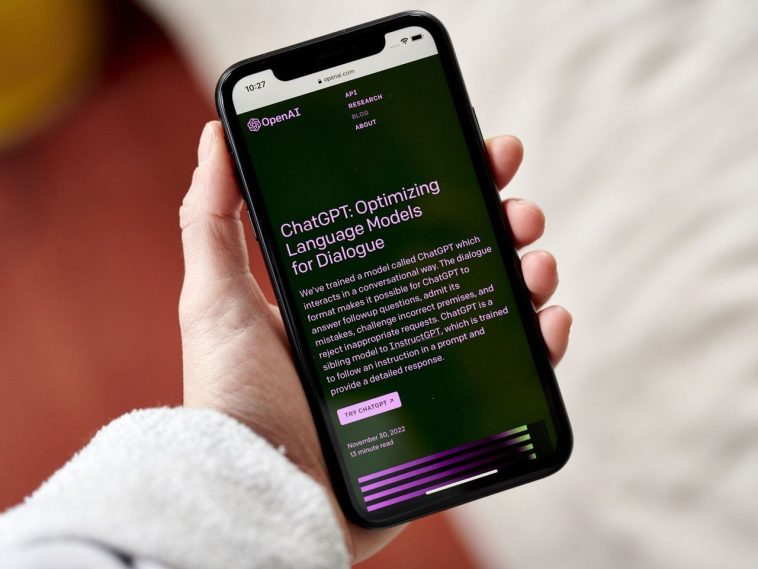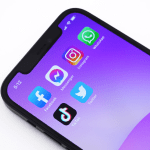Imagine a world where a single platform combines your search, browsing, and chatbot needs seamlessly. OpenAI, the creator of ChatGPT, might be gearing up to make this a reality.
Reports suggest the company is exploring the creation of its web browser, sparking curiosity and speculation across the tech world.
Here’s what you need to know and why it could be a game-changer.
Why a Browser?
OpenAI has already made waves with ChatGPT, an AI that redefines how we interact with information.
This new move into the browser market is a natural progression, as it seeks to integrate AI directly into how we navigate the web. Imagine asking your browser to book tickets, summarize articles, or even handle complex research tasks—all powered by advanced AI.
This isn’t just about convenience. It’s a strategic step into a space dominated by Google Chrome, which holds over 60% of the global browser market.
By developing a browser, OpenAI could challenge Google’s monopoly while offering a unique product that combines its chatbot and search capabilities directly.
What We Know So Far
While OpenAI hasn’t officially announced the browser, the company has been discussing prototypes with developers like Conde Nast and Priceline.
The browser is expected to integrate tightly with SearchGPT, a recently launched AI-powered search tool that delivers timely, sourced answers.
This could address many of the frustrations users face with traditional search engines, such as information overload or irrelevant results.
This browser could also arrive at an opportune time. Google is currently under scrutiny from the U.S. Department of Justice for alleged monopolistic practices.
Proposals have even been made to divest Chrome, creating a potential opening for competitors like OpenAI.
What Sets It Apart?
- AI Integration: Unlike traditional browsers, OpenAI’s browser would leverage AI to offer real-time assistance and refined search results. Whether you’re planning a trip, troubleshooting a problem, or researching a niche topic, the browser could become your go-to digital assistant.
- Partnerships: OpenAI’s collaboration with platforms like Apple and Samsung suggests that it aims for seamless compatibility across devices. This could provide an edge over browsers focusing primarily on desktop or mobile platforms separately.
- A User-First Experience: SearchGPT’s ability to provide concise answers with sources hints at a browser that values efficiency and user needs over ad-driven content. This could be a refreshing alternative for users tired of sifting through ads and clickbait.
The Challenges Ahead
Launching a browser isn’t simple. OpenAI faces stiff competition from established giants like Google and Microsoft, not to mention the technical hurdles of creating a fast, secure, and reliable browser.
Additionally, it will need to address privacy concerns—something users are increasingly prioritizing.
Moreover, any move that directly competes with Google could strain OpenAI’s partnerships. Google’s search engine remains integral to many apps and devices, and OpenAI will need to tread carefully to avoid burning bridges.
What Could This Mean for You?
If OpenAI successfully launches its browser, it could redefine how we interact with the web. Tasks like searching, shopping, and learning could become faster and more intuitive. But more importantly, it could increase competition in the browser market, driving innovation and giving users better options.
FAQs
1. When will OpenAI’s browser launch?
The browser is still in the early development stages, so no official timeline has been announced
2. How does this differ from existing browsers?
The key difference would be the deep integration of AI, allowing for features like conversational searches and automated tasks, which traditional browsers don’t offer.
3. Will it be free to use?
While details aren’t clear, OpenAI might follow its existing model, offering free basic features and premium subscriptions for advanced capabilities.
What Do You Think?
With AI-driven innovation at its core, OpenAI’s potential browser could be more than just another app—it might change how we experience the internet itself. What features would you like to see in an AI-powered browser?





GIPHY App Key not set. Please check settings